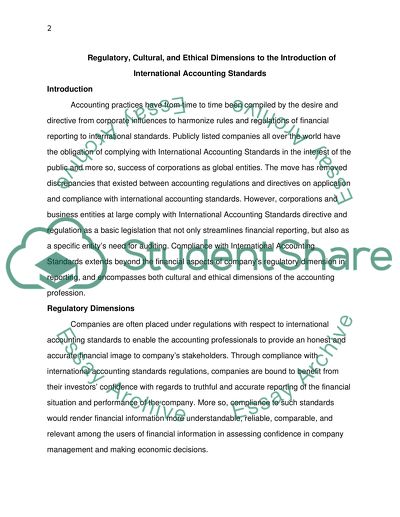Cite this document
(“Regulatory, Cultural and Ethical Dimensions to the Introduction of Essay”, n.d.)
Retrieved from https://studentshare.org/finance-accounting/1395980-critically-discuss-the-regulatorycultural-and
Retrieved from https://studentshare.org/finance-accounting/1395980-critically-discuss-the-regulatorycultural-and
(Regulatory, Cultural and Ethical Dimensions to the Introduction of Essay)
https://studentshare.org/finance-accounting/1395980-critically-discuss-the-regulatorycultural-and.
https://studentshare.org/finance-accounting/1395980-critically-discuss-the-regulatorycultural-and.
“Regulatory, Cultural and Ethical Dimensions to the Introduction of Essay”, n.d. https://studentshare.org/finance-accounting/1395980-critically-discuss-the-regulatorycultural-and.


